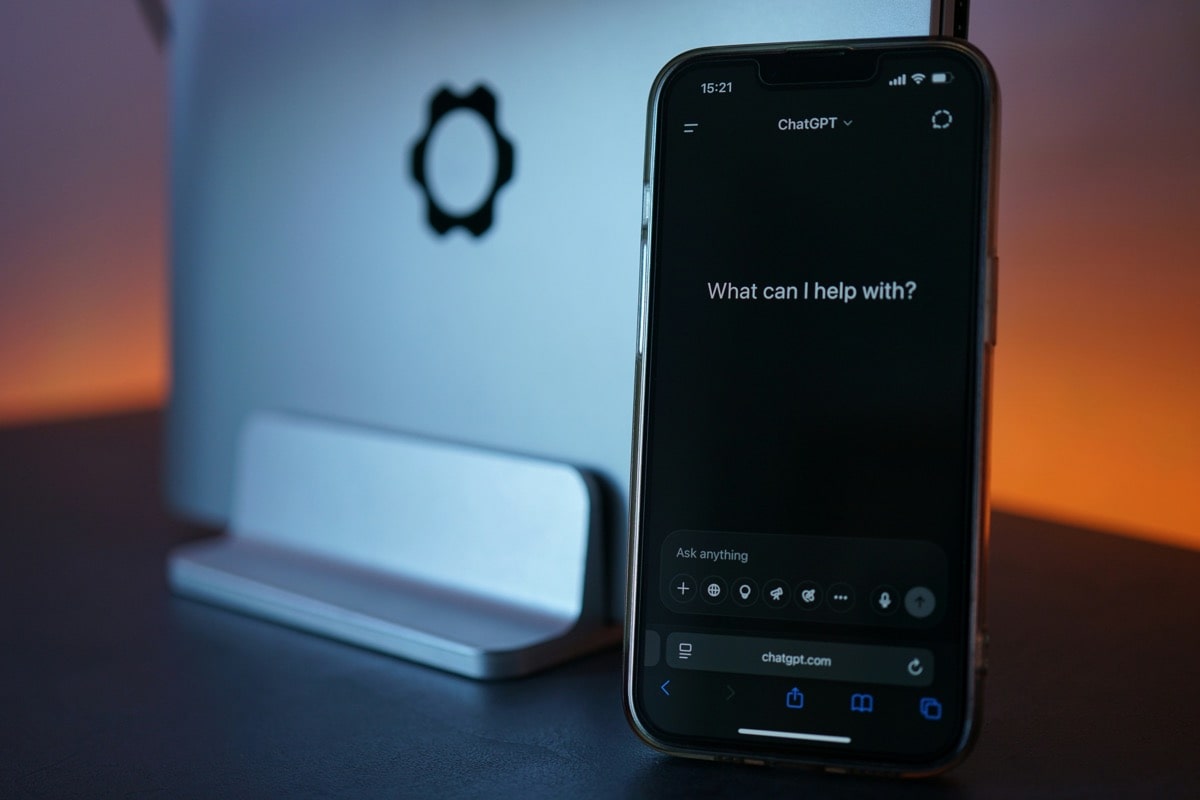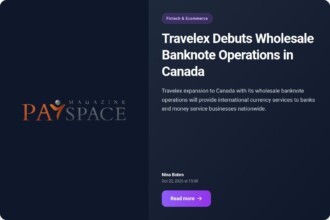While you may have already used ChatGPT for information search, OpenAI’s new web browser, Atlas, comes with ChatGPT built in. Isn’t that convenient? Let’s take a closer look.

On Oct. 21, OpenAI, the developer of one of the most popular chatbots, ChatGPT, presented a new web browser called Atlas. Its main feature is that ChatGPT is already embedded within the search system, making routine tasks automation even more convenient.
ChatGPT Atlas: Core Functionality
From a practical point of view, the new ChatGPT Atlas functionality gives users a more seamless, integrated way to use AI while browsing the web. It turns ChatGPT into an in-browser smart assistant that combines search, context awareness, and task execution, making it easier to get things done directly from the web pages you’re already using.
Instead of switching between ChatGPT and other tabs or apps, users can now get help directly within the webpage they’re on. Atlas allows the chatbot to understand the content you’re viewing and assist in real time, whether that’s explaining a concept, drafting an email, filling out a form, comparing products, or summarizing articles, saving users even more time typically required for extra copying and pasting.
The system also includes built-in memory, meaning ChatGPT can recall previous conversations or relevant details you’ve shared to provide more personalized and consistent help. For example, it can remember what job listings you looked at or the notes from an earlier chat and use them to generate summaries or follow-ups later.
A key new feature is browser memory, which lets ChatGPT remember context from the sites you visit and bring that context back when needed, for example, helping organize research or track ongoing projects. This is fully optional, and users can view, edit, or delete this information anytime.
Finally, AI agent mode in Atlas enhances automation. It allows ChatGPT to perform actions for you, like gathering data, planning events, or booking appointments, using information from your current browsing session.
The ChatGPT Atlas browser has launched globally on macOS for Free, Plus, Pro, and Go users. It’s also offered in beta for Business users, and can be accessed by Enterprise and Edu users if their plan administrator enables it. Versions for Windows, iOS, and Android are expected to roll out soon. Agent mode in Atlas is currently available only in preview for Plus, Pro, and Business users.
Perplexity AI Comet Stands as Main Competitor to ChatGPT Browser
The concept is not new. Perplexity AI, which is gradually becoming an increasingly powerful player in the global artificial intelligence industry, released its AI-driven browser, Comet, in July 2025 to users of Perplexity’s Max subscription tier under an invite system.
Since then, it expanded by invitation and waitlist to other users as well. At present, Comet for desktop is available for free globally, and there’s no subscription required for basic access. For paid tiers users, additional features like a background assistant are being rolled out.
In some respects, Comet often outperforms ChatGPT. For instance, when it comes to research, Perplexity is known for providing instant, verified information that is often more accurate and transparent than conclusions drawn by ChatGPT.
At the same time, Comet is not yet positioned as an agent browser. Although it supports AI assistant features and automation, so far, it seems Comet places more emphasis on analysis, assistance, summarisation, and research rather than full autonomous execution of multi-step tasks.
In response to growing competition (like ChatGPT’s Atlas announcement or Apple’s mused plans of adding AI-powered search options to Safari), Perplexity increased its referral reward for Comet invites to stimulate user growth.
ChatGPT Atlas vs Comet: Similarities and Differences
Being AI browsers with autonomous or semi-autonomous capabilities, both ChatGPT Atlas and Comet face security and privacy risks as a central concern. Some researchers warn that giving an AI system deep web access and automation opens avenues for prompt injection attacks, unintended data leakage, or malicious content exploitation.
There have also been reported cases at the test stage where Comet performed actions (like purchases) on behalf of the user without adequate human oversight in simulated environments. Perhaps, that is the reason why full-scale agentic workflows are not yet offered by the company.
However, the two AI-powered browsers have even more in common. Both allow you to ask natural-language questions or commands while you’re on a webpage, rather than switching away to a separate tool. Both support summarising content, analysing webpages, extracting key information rather than just listing links. Both aim to reduce friction: fewer copy-pastes, fewer context switches give you more time for truly important tasks.
Why You Need AI Browser (or Not)
Using an AI-powered browser instead of an ordinary one only sems a logical step. After all, some emerging studies already show that people are increasingly choosing chatbots rather than “Google” something.
As of June 2025, AI-powered tools (including chatbots like ChatGPT, Perplexity, and other competitors) captured about 5.6% of U.S. desktop search traffic. In another academic research of computing students, it was found that by 2024 only 6.3% reported never using ChatGPT for help (down from ~34% in 2023). Did I use ChatGPT to find these data? You bet I did.
In the end, it all goes down to what your main goal is. If your main need is delegating tasks, then Atlas might have an edge because of its stronger agent/execution focus. Yet, these agent features are only limited to preview mode. How it turns out in relaity, only time will tell.
If your main need is research, reading, summarising content, comparing sources, exploring ideas, but not completely delegating the task, especially when you value up-to-date web data, multi-tab context, and verified sources, then Comet may be a better fit.
At the same time, caution remains. AI browsers often analyze the pages you visit, the text you highlight, and even your browsing history to provide context-aware answers. Even if companies promise encryption and local processing, users must trust that sensitive information won’t be stored, misused, or leaked. Whether there are adequate mechanisms to check that, is a great question. When the AI summarizes or interacts with third-party sites, it may also use or store content without explicit consent from that website or user, leading to copyright, compliance, and intellectual property issues.
Another valid concern is security. While people can be manipulated by criminals to perform certain actions leading to financial losses, agentic AIs in browsers can be manipulated by malicious sites as well (through prompt-injection or script exploits). In some cases, AIs with “execution” permissions could perform unintended actions, like click buttons, send messages, or reveal data without explicit confirmation. Without stronger controls, those actions may only agggravate with the rise of agentic payments.
However, that is another story and a problem agentic payment protocols are trying to solve.









